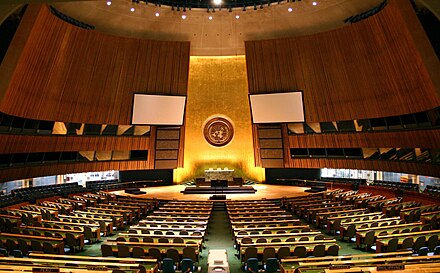RASC News Agency: During a high-level session at the United Nations headquarters, several nations took a unified stand, sharply condemning the Taliban’s oppressive policies toward Afghanistani women. Representatives from Ireland, Norway, Malta, Australia, Liechtenstein, Canada, France, and China expressed grave concern over the Taliban’s discriminatory approach, describing it as both regressive and alarming.
Ireland’s representative addressed the gathering with urgency, underscoring the international community’s ongoing inability to counter the Taliban’s human rights abuses effectively. She highlighted Ireland’s profound concern over Afghanistan’s deteriorating human rights situation, explicitly condemning the Taliban’s systemic violations against women, girls, journalists, human rights defenders, and ethnic and religious minorities. She issued a stark warning, asserting that the Taliban’s unrelenting oppression may amount to “crimes against humanity” and “gender-based persecution.” Calling the humanitarian crisis “staggering,” she urged the Taliban to immediately reconsider their policies against women.
Norway’s representative echoed this condemnation, while Malta’s delegate spotlighted the unprecedented challenges faced by Afghanistani women and girls, characterizing the Taliban’s actions as deeply discriminatory. Australia’s representative declared the situation “gravely concerning,” noting that the Taliban have institutionalized a system where human rights violations and the suppression of religious minorities are alarmingly commonplace. He implored UN member states to act decisively in addressing the Afghanistan crisis, stressing that international response must prioritize the welfare of the most vulnerable populations.
The session strongly reaffirmed the global community’s condemnation of the Taliban’s policies and highlighted an urgent need for change in the group’s approach to human rights, particularly women’s rights. This session unfolded against the backdrop of the Taliban’s escalating campaign of anti-women policies, signaling a critical moment for global accountability and intervention.






